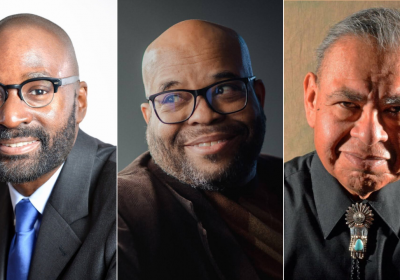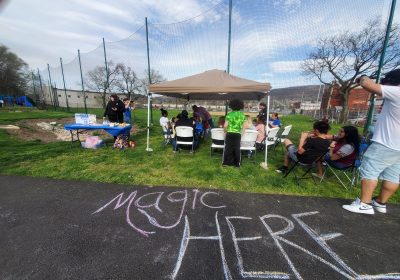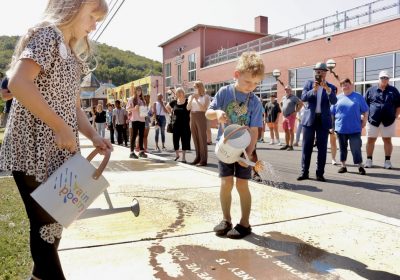By Karen Price
All across Pennsylvania, cultural organizations are using the tools of the humanities to build stronger communities, spark important conversations and provide opportunities for connection.
In partnership with statewide news producers Keystone Edge, PA Humanities has launched a new podcast, “We Are Here,” to take listeners on a journey across the state to discover these community organizations, where they are and how they’re making a positive impact in their towns. The podcast will chronicle the myriad ways people are making their mark throughout the state, as well as inspire listeners to think about their own opportunities to make a difference.
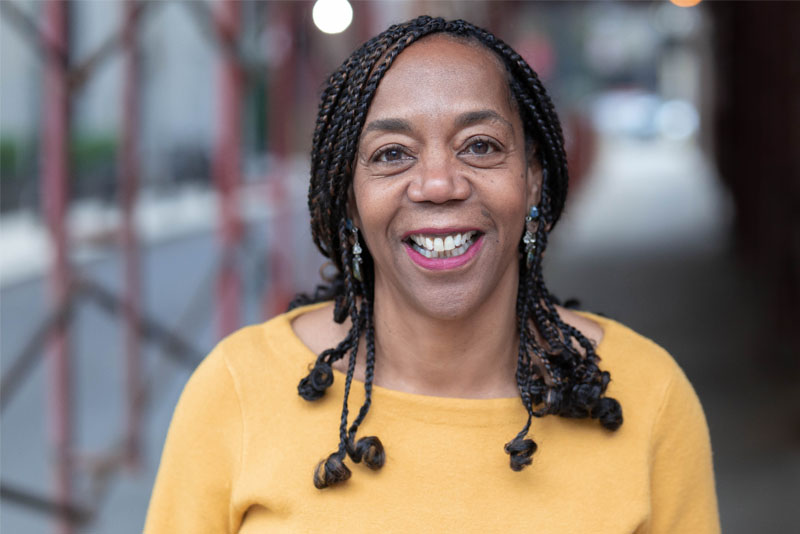
“I want people to say, ‘That’s really cool; let’s see if we can try that in our town,” PA Humanities senior director of content and engagement Dawn Frisby Byers said in the introductory episode. “The projects we’ll feature on the podcast represent just a small number of examples of how the humanities are being put into action. We chose the title to illustrate how groups in Pennsylvania – though not necessarily making the evening news or trending on Twitter – are doing vital work. They’re in your community, they’re of the moment, they’re important and they’re making our state a better place to live.”
Listen to the first episode on Apple podcasts
Late last year, PA Humanities awarded $1.4 million in grants to 92 cultural organizations to help with growth and recovery from the COVID-19 pandemic through the PA SHARP – Sustaining the Humanities through the American Rescue Plan – program. These museums, libraries, historical societies, and other cultural institutions are vital pieces of the fabric of our communities, and “We Are Here” will spotlight a number of them.
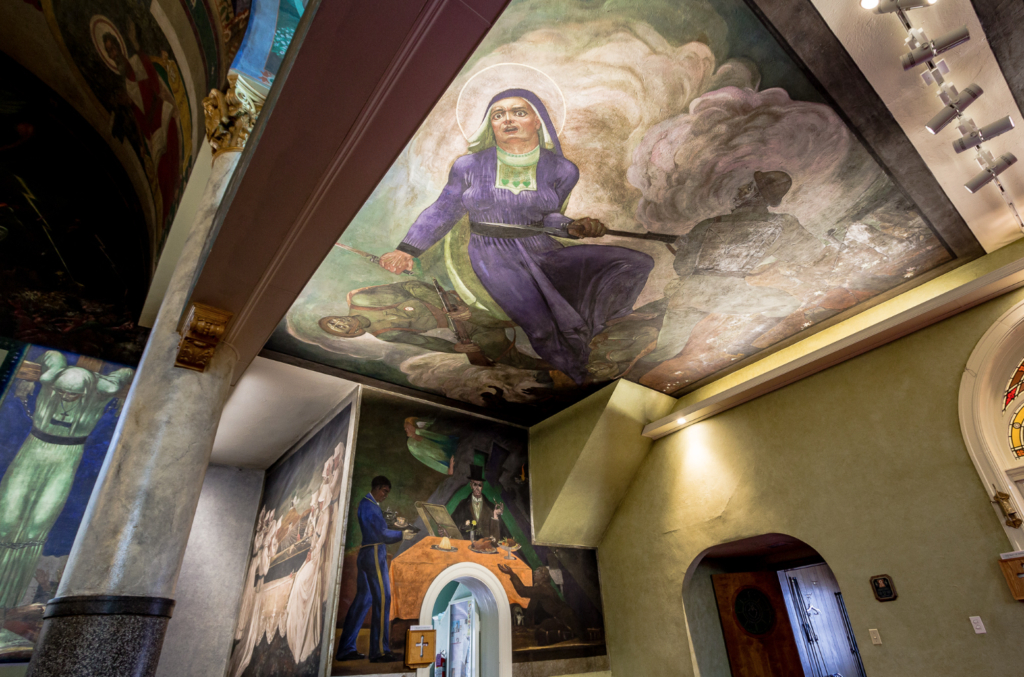
The first full episode will introduce listeners to Millvale, a town of 4,000 with a rich industrial history just across the river from Pittsburgh. It’s the home of St. Nicholas Croatian Catholic Church, where artist Maxo Vanka painted 25 immense and unique murals on the walls and ceiling of the building between 1937 and 1941. We hear from Anna Doering and Scott Wolovich, who are among those dedicated to restoring and showcasing these murals and the stories they tell about immigrating to the United States, American industry, social justice, family, war and other themes.
Future episodes of “We Are Here” will include how organizations are using food as a way to learn about different cultures and traditions, how libraries are using the humanities to engage with their changing communities, and how some organizations are using arts and culture to celebrate different ethnicities.
“We are so much more alike than we are different, and the tools of the humanities allow us to bridge those differences, come together and solve problems,” Frisby Byers said. “People solve problems, not policies.”
We Are Here is produced by Keystone Edge in partnership with PA Humanities. Funding for “We Are Here” comes from PA Humanities and its federal partner, the National Endowment for the Humanities, as part of the American Rescue Plan Act of 2021.

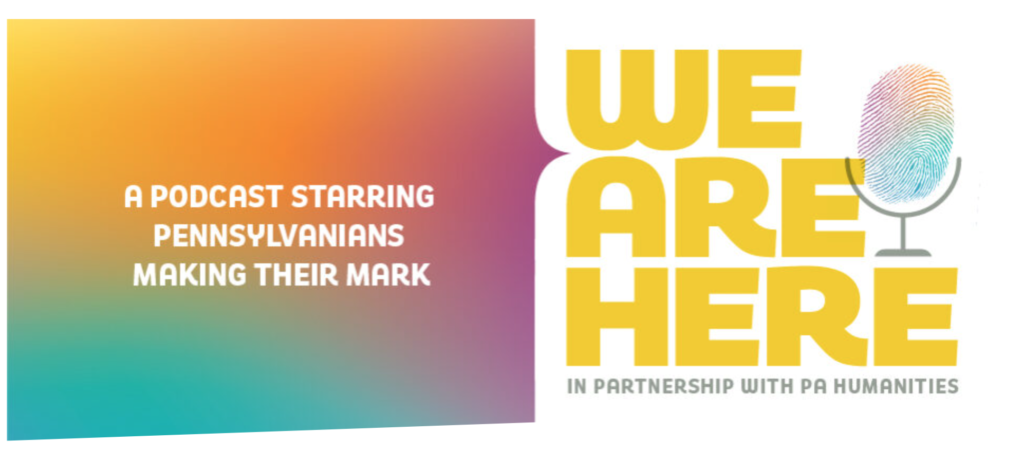
![[color – dark bg] PA SHARP FINAL FILES DB 72dpi [color - dark bg] PA SHARP FINAL FILES DB 72dpi](https://pahumanities.org/uploads/files/elementor/thumbs/color-dark-bg-PA-SHARP-FINAL-FILES-DB-72dpi-phgl7aimtfdpzt2rscvl43ksfv3asbbls19lsvuacw.jpg)
